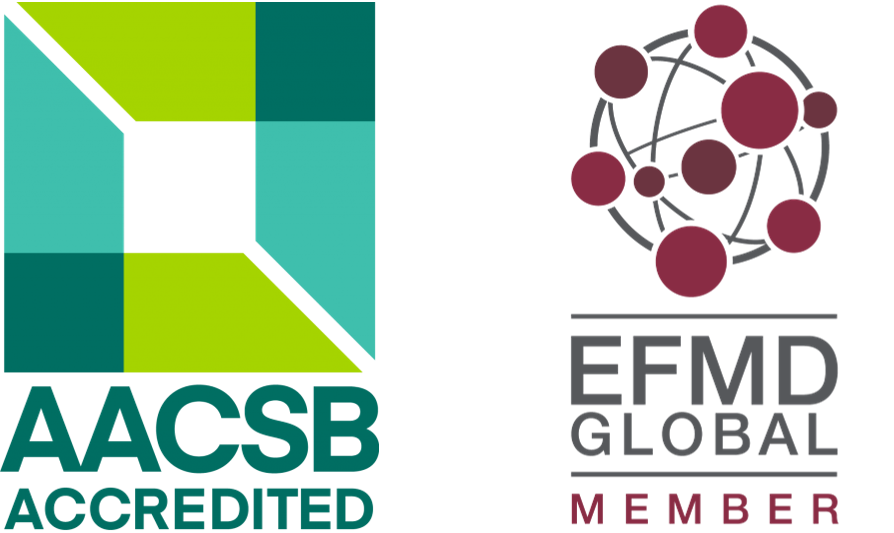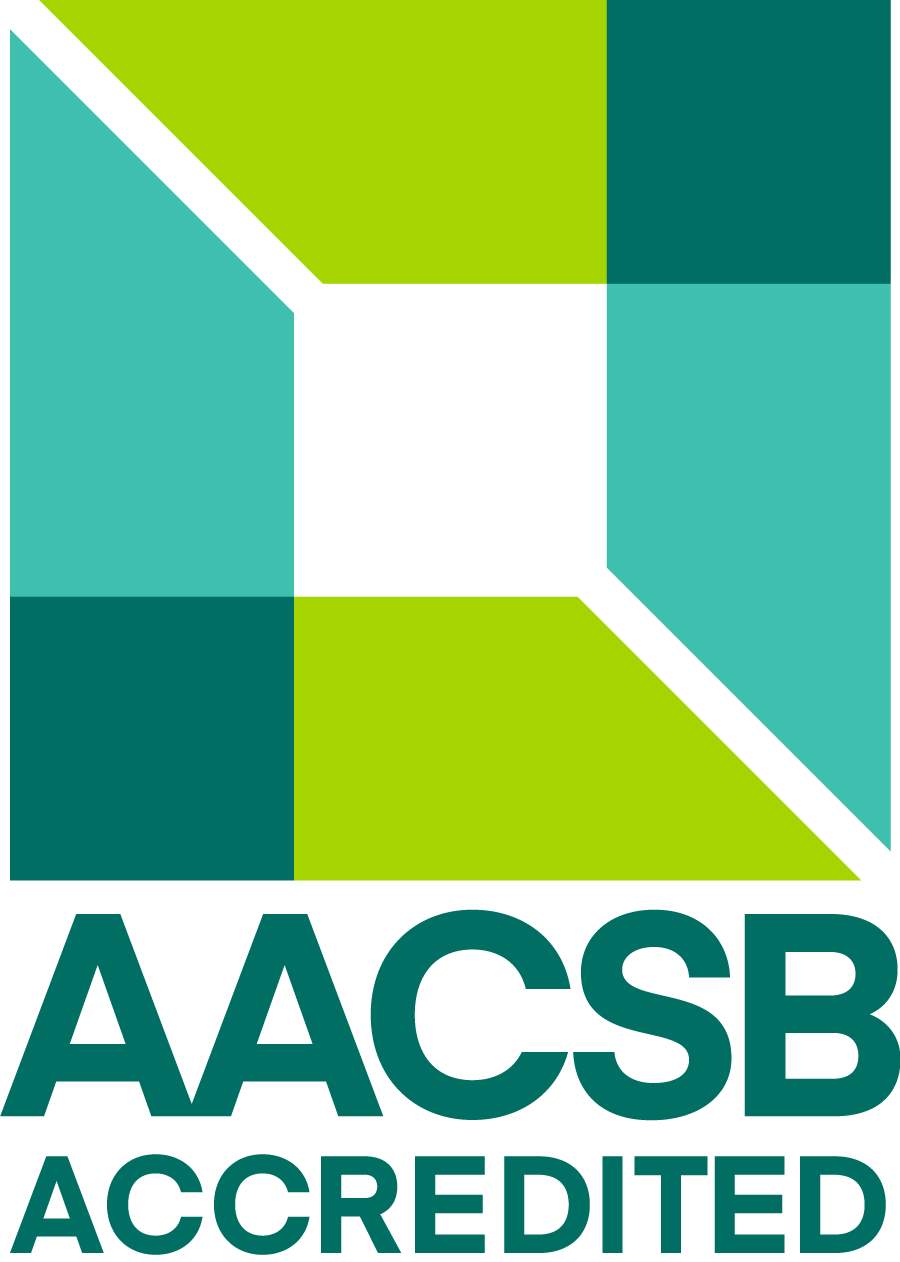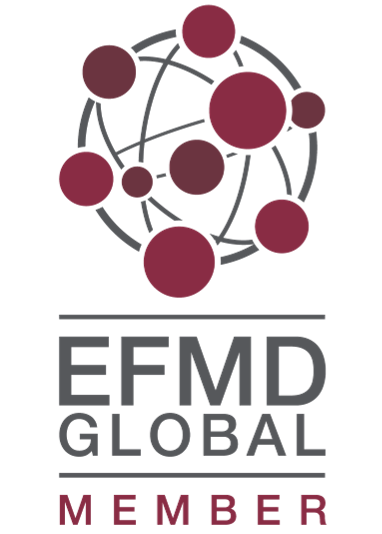The College of Business at Chung Yuan Christian University has been dedicated to promoting international activities for many years. Since the summer of 2010, it has collaborated with the Middle Tennessee State University (MTSU) and Pittsburg State University (PSU) to host an annual Summer International Business Camp on Chung Yuan’s campus. This program allows students from the three universities to study topics related to international business and Chinese culture together. After a four-year hiatus due to the pandemic, the International Business Camp resumed this summer, rekindling exchanges among the three universities from June 26 to July 13. This three-week program, themed “U.S.-Taiwan Exchange,” brought together a total of 33 elite students, including 9 from MTSU, 4 from PSU, and 20 from Chung Yuan’s College of Business, creating a vibrant and multicultural summer experience.
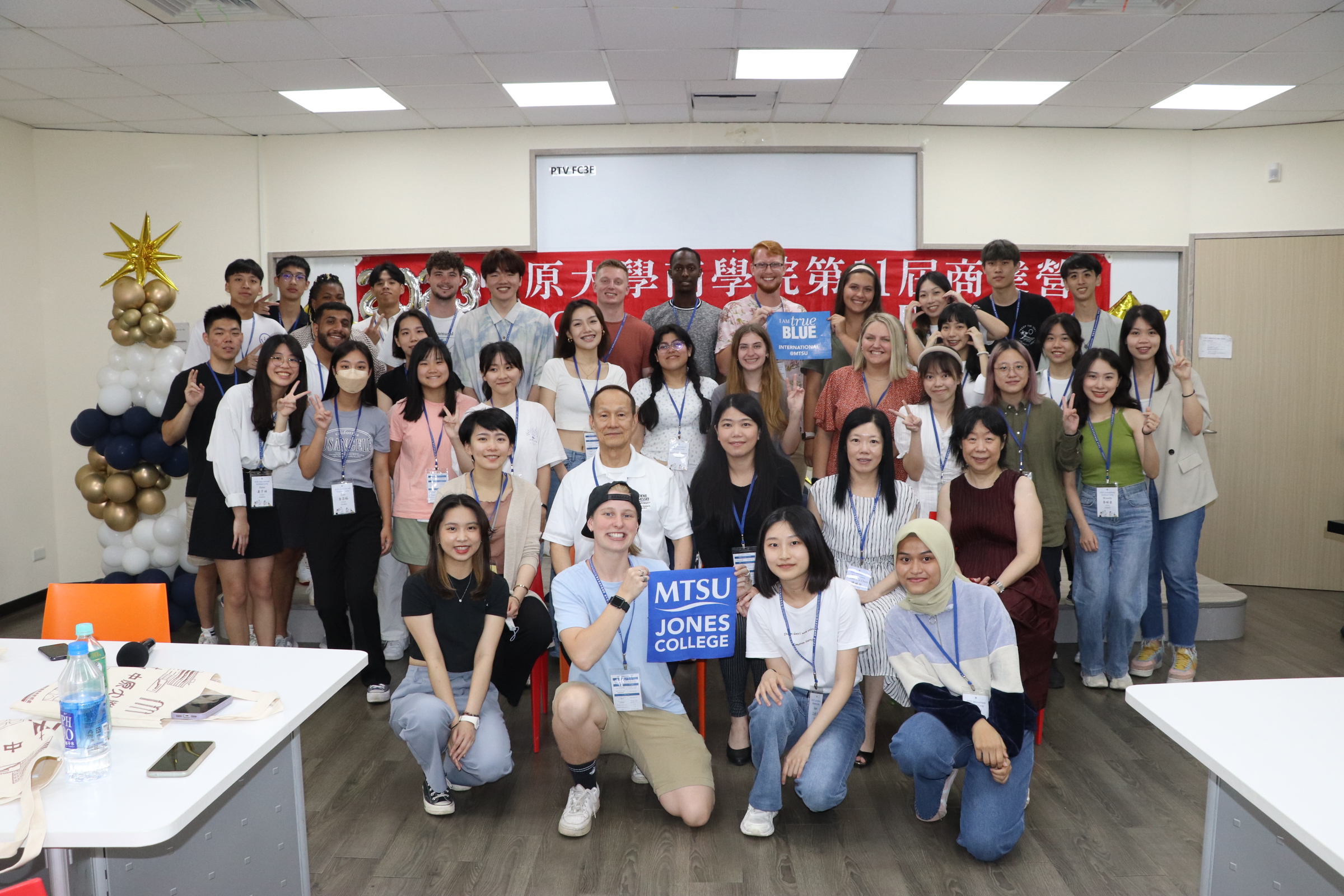
The camp’s curriculum and activities were conducted in groups entirely in English, combining classroom learning with off-campus corporate visits. The program was organized by Ya-Kai Chang, a faculty member from the Finance department, who coordinated the schedule and visits. Additionally, Wen-Jang Jih, a professor from MTSU’s Information Systems department, and Dr. Bienvenido Santos Cortes, Associate Dean of PSU’s College of Business, were invited to deliver lectures, facilitate case discussions, and share practical insights. These sessions enriched students with valuable knowledge and broadened their international perspectives significantly.
This year’s camp included six days of corporate visits to both public and private organizations, such as the Taipei Metro Operations Control Center, Taipei City Traffic Information Center, Formosa Plastics Group Museum, Grape King Bio Ltd., Science Park Exploration Museum, TSMC Museum of Innovation, Industrial Technology Research Institute, Kuozui Motors (TOYOTA) Factory, the Presidential Office, Taipei Urban Intelligence Center, and the Discovery Center of Taipei. These visits combined thematic presentations with on-the-spot discussions, enabling students to learn about Taiwan’s business operations and gain knowledge across various industries. Alongside corporate visits, students explored cultural and commercial landmarks such as the Chiang Kai-shek Memorial Hall, Yongan Fishing Harbor, and Mitsui Outlet Park Linkou, offering U.S. students deeper insights into Taiwan’s local business models.
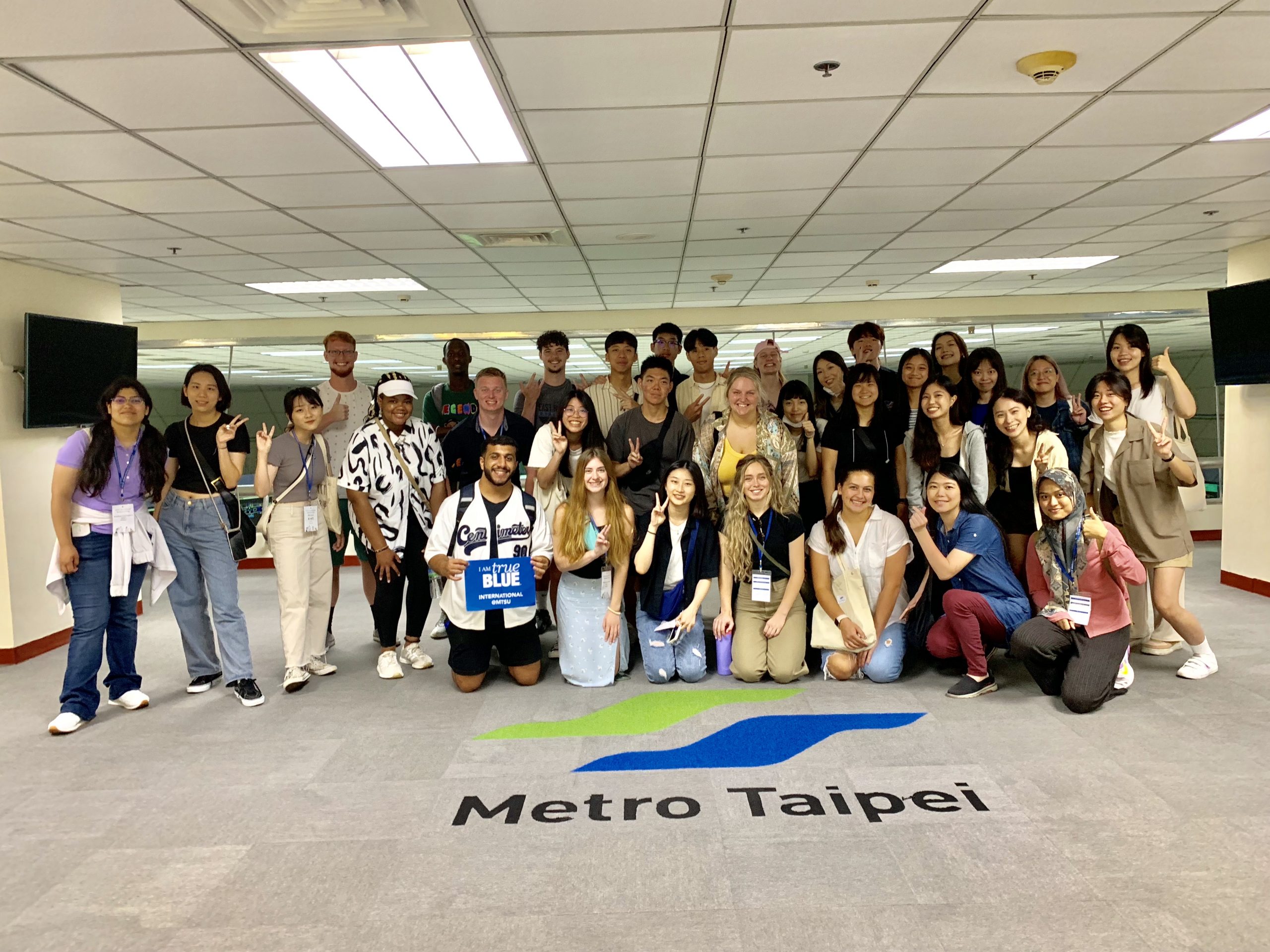
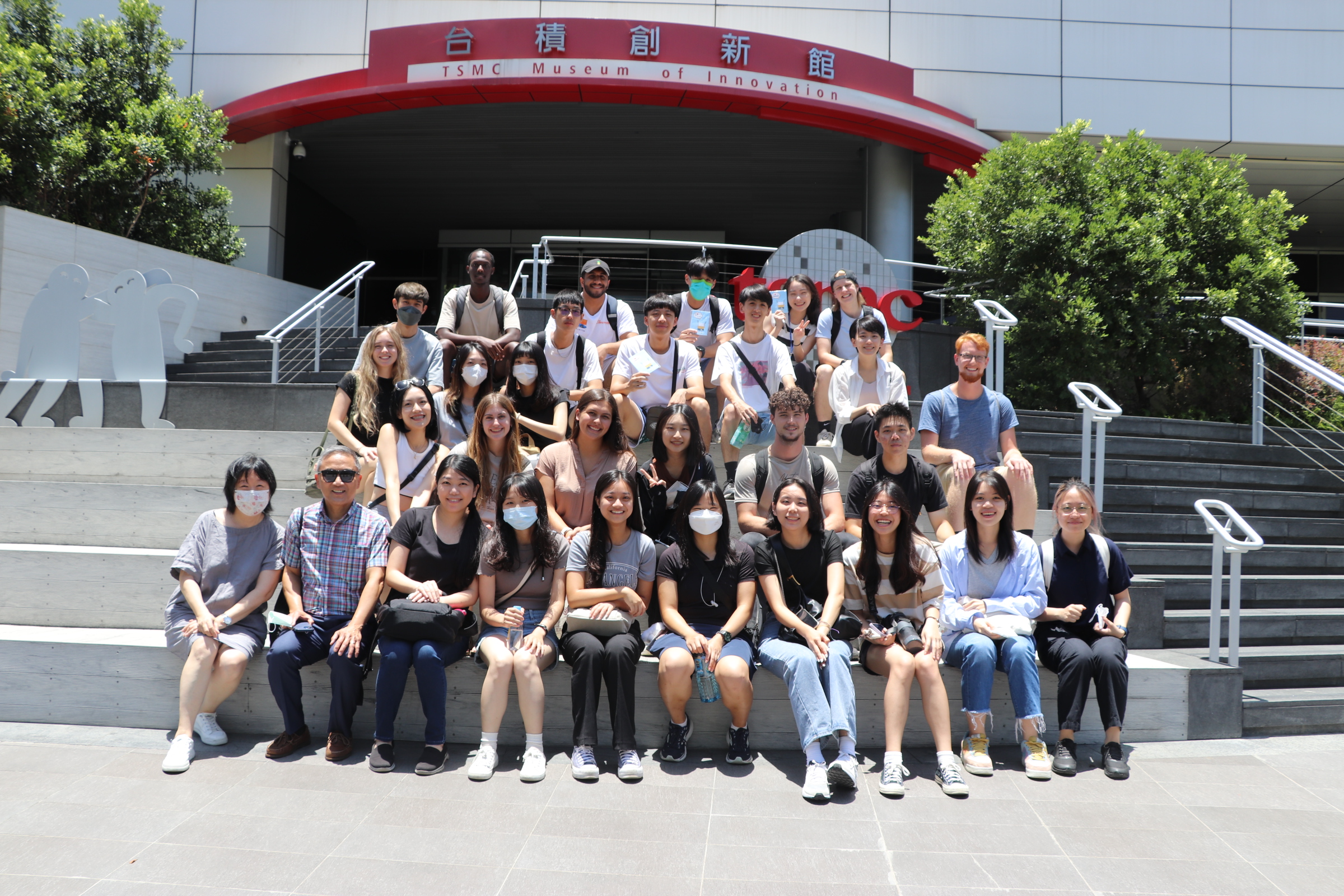
To provide international students with a glimpse of the beauty of Taiwan, the Office of International and Cross-Strait Education organized two cultural trips to Nantou for tea-picking and to Daxi Old Street. These excursions offered American students, who might be less familiar with Taiwan’s rural and cultural heritage, an eye-opening experience of the island’s scenic and cultural charm.
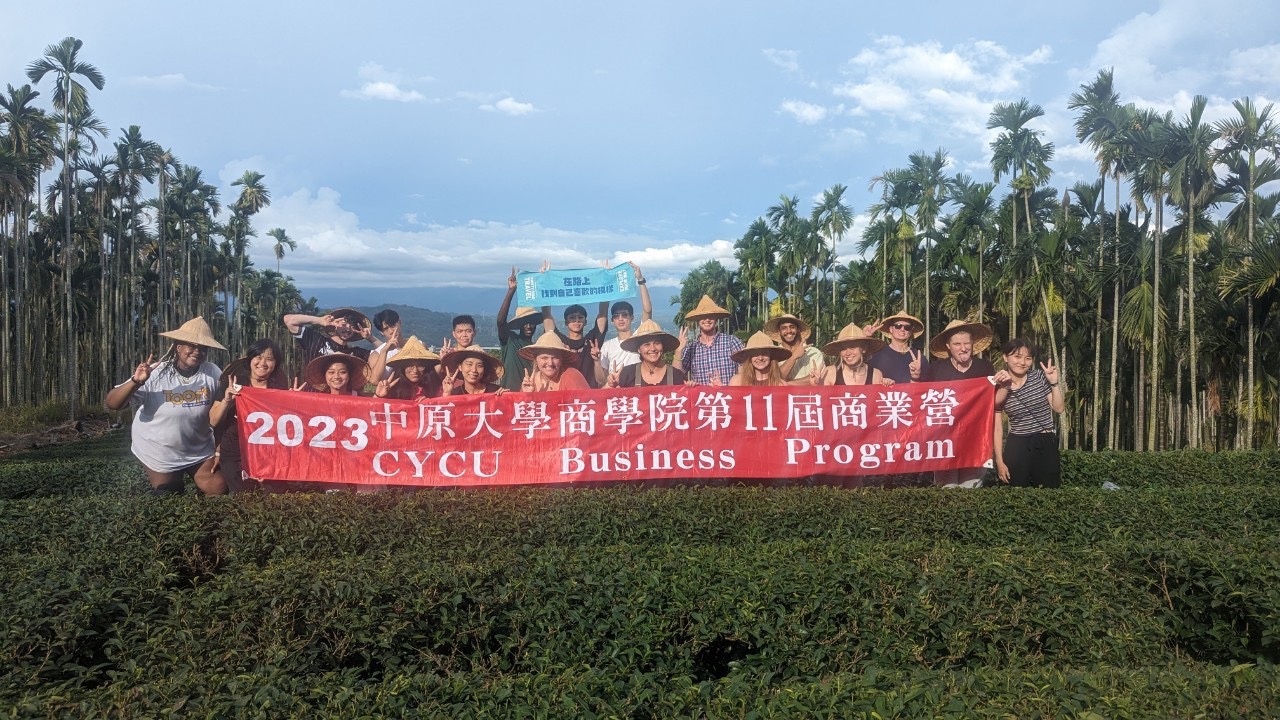
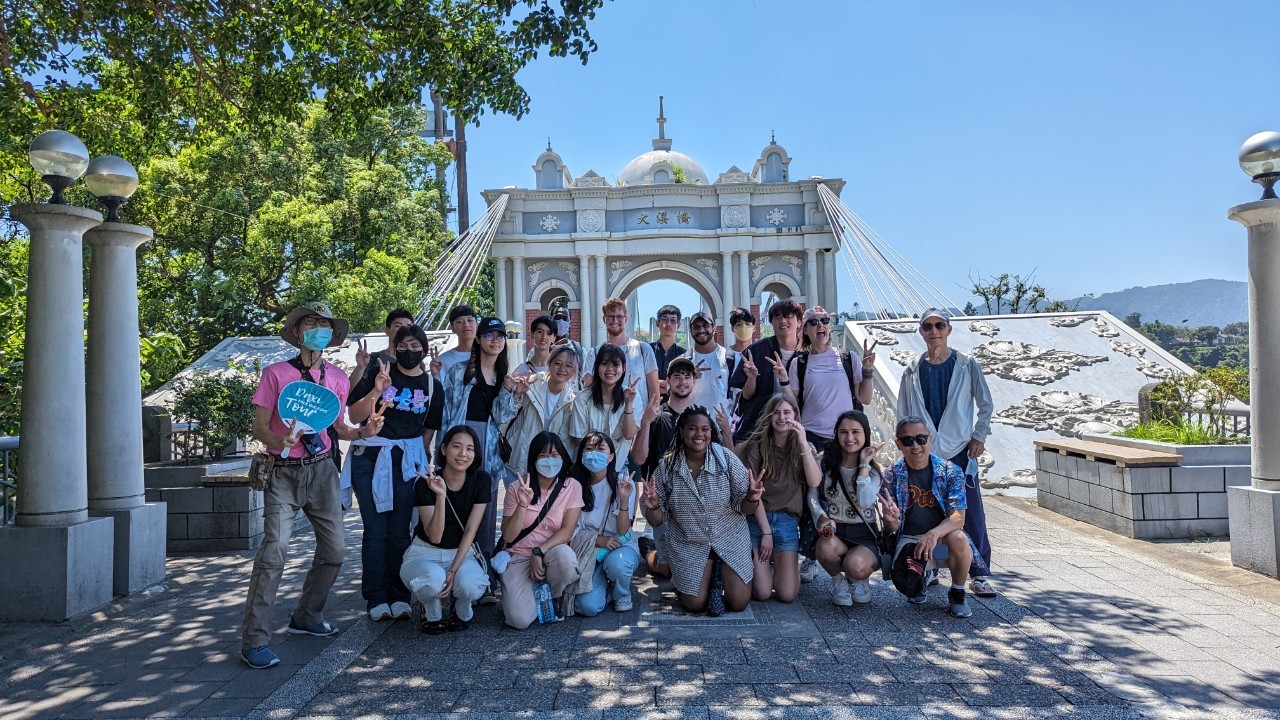
During their free time, Chung Yuan students enthusiastically organized various activities for their American counterparts, including playing pool, visiting night markets, riding the Maokong Gondola to Maokong for a sunset view, and even trying out nail art and massages. These activities allowed the visiting students to immerse themselves in Taiwan’s unique pop culture.
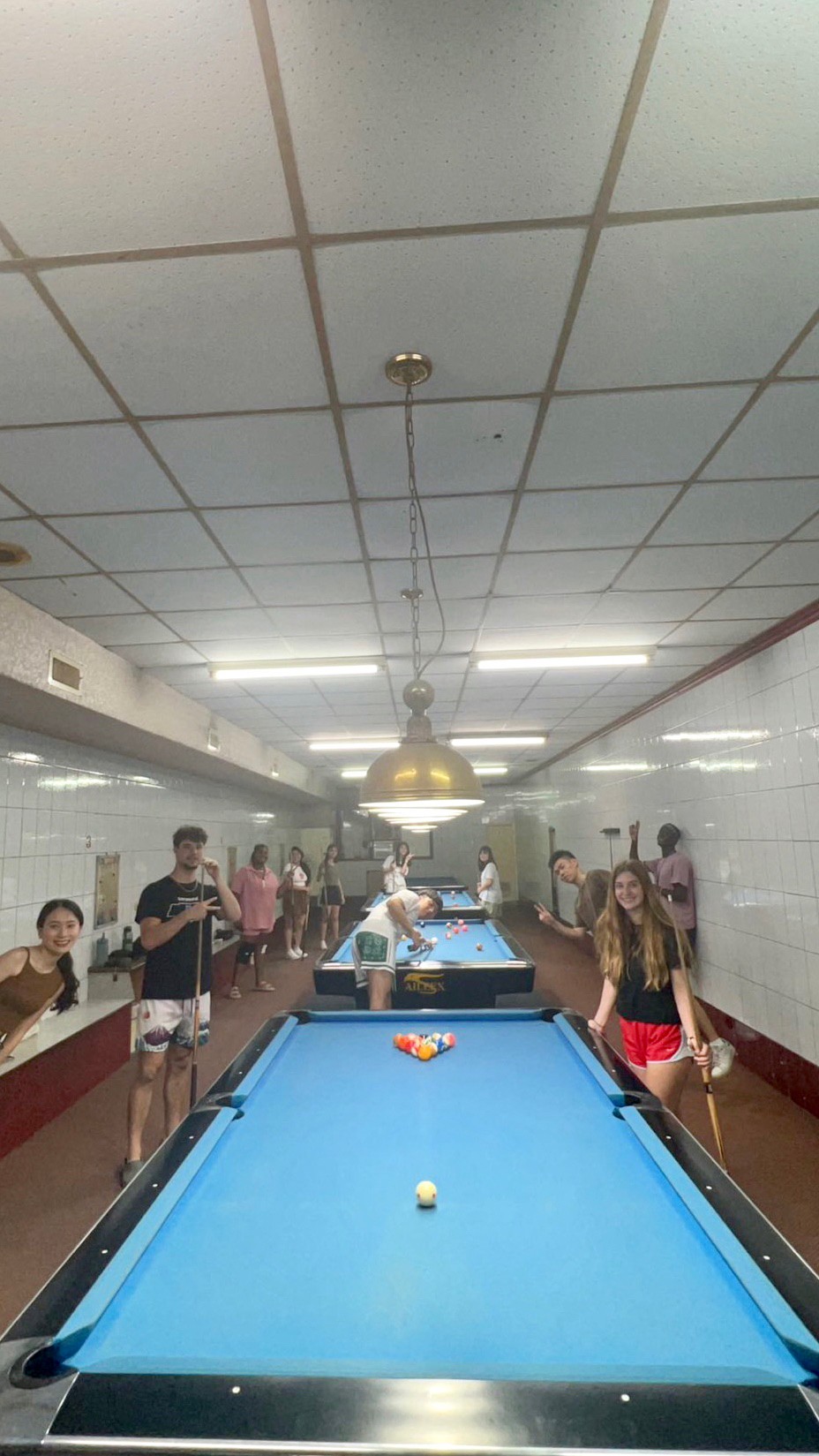
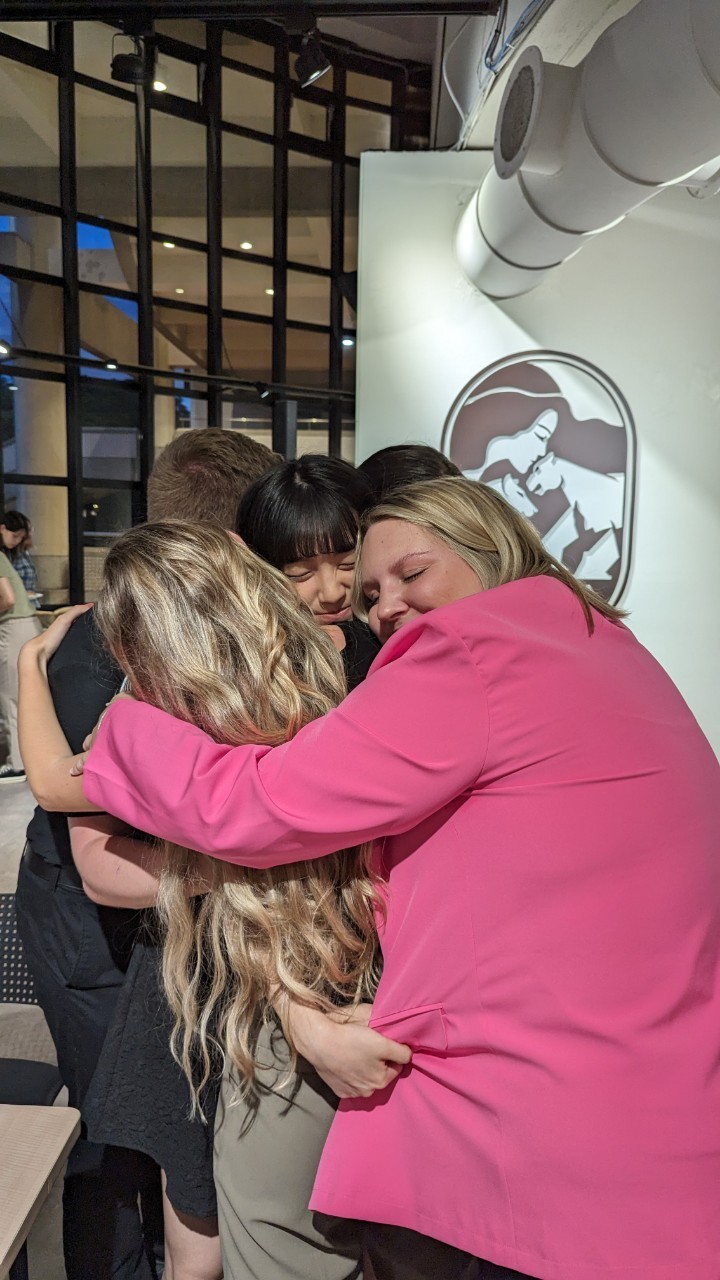
At the opening ceremony, participants were initially shy and reserved, but after three weeks of interaction, they became close friends. The closing ceremony was filled with heartfelt farewells and countless photos to commemorate the experience. Many U.S. students expressed that this program was an unforgettable highlight of their lives.
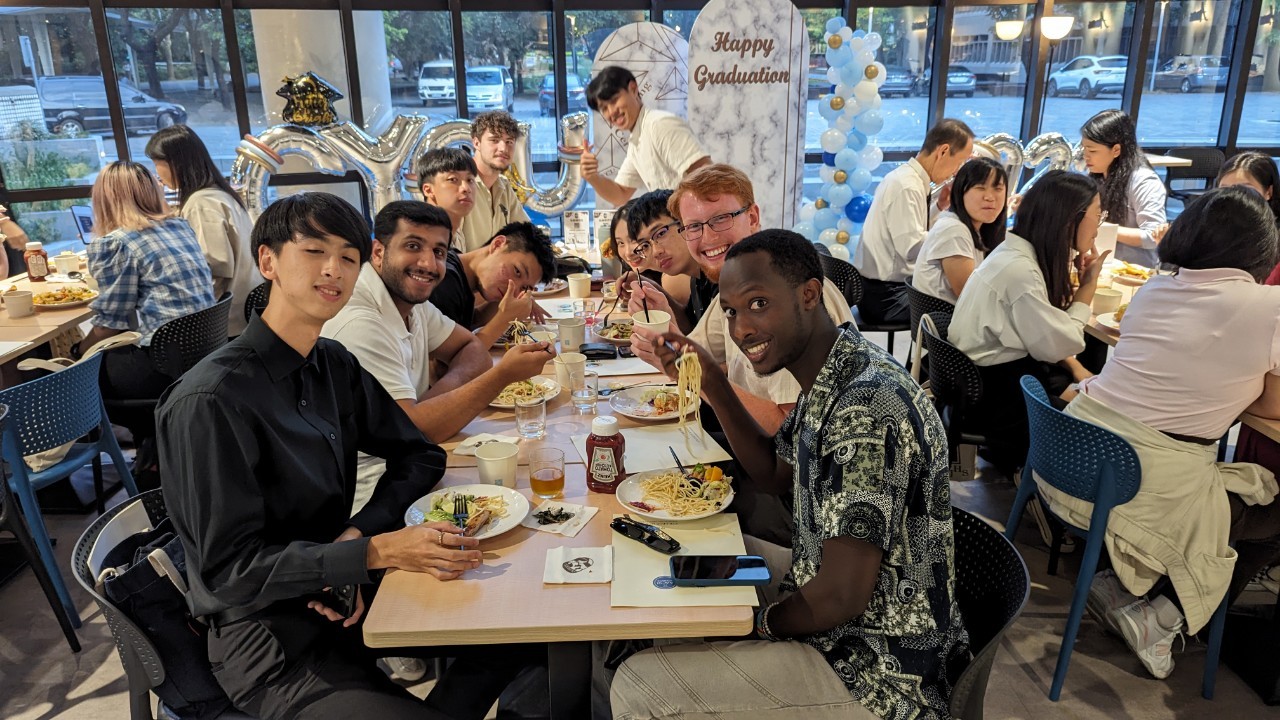
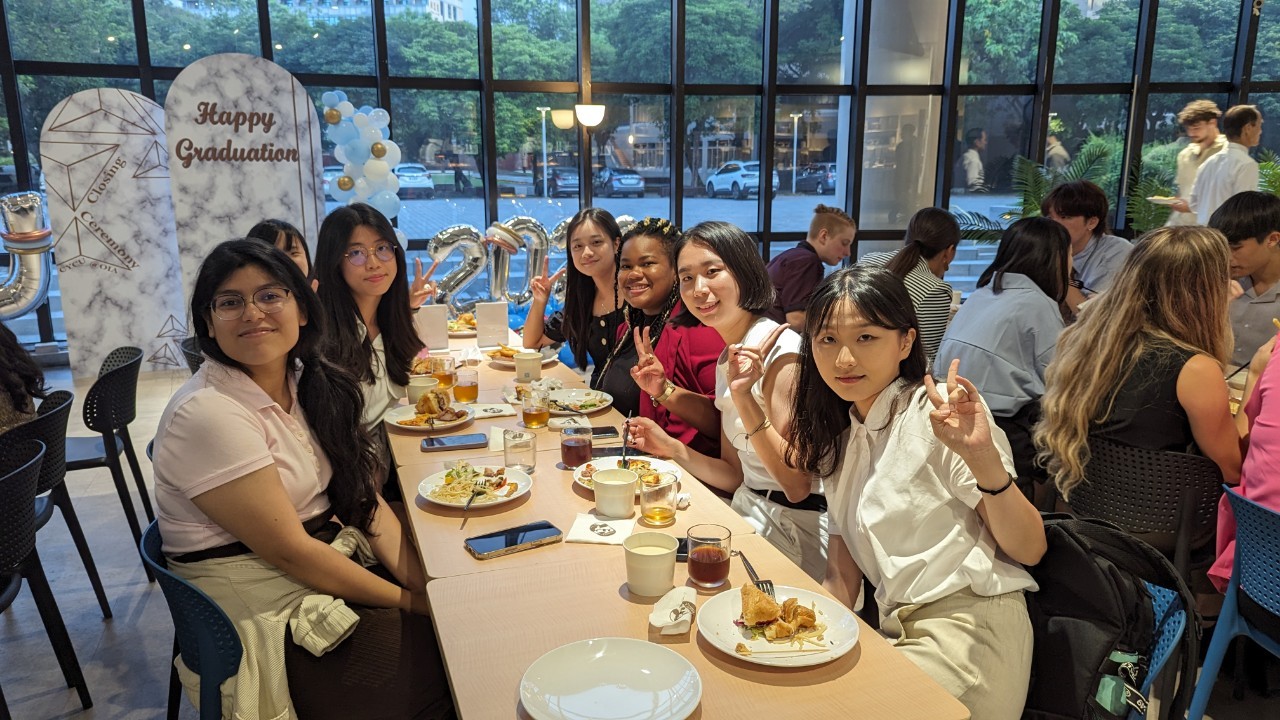
Since all courses were conducted in English, the camp not only improved the local students’ English communication skills but also boosted their confidence in speaking and exchanging ideas in English. By experiencing different teaching methods and cultural practices, Chung Yuan students were inspired to consider applying for exchange programs or pursuing studies abroad. This international engagement has firmly planted the seeds of global ambition in the students, encouraging them to step out of Taiwan and embrace the world.

